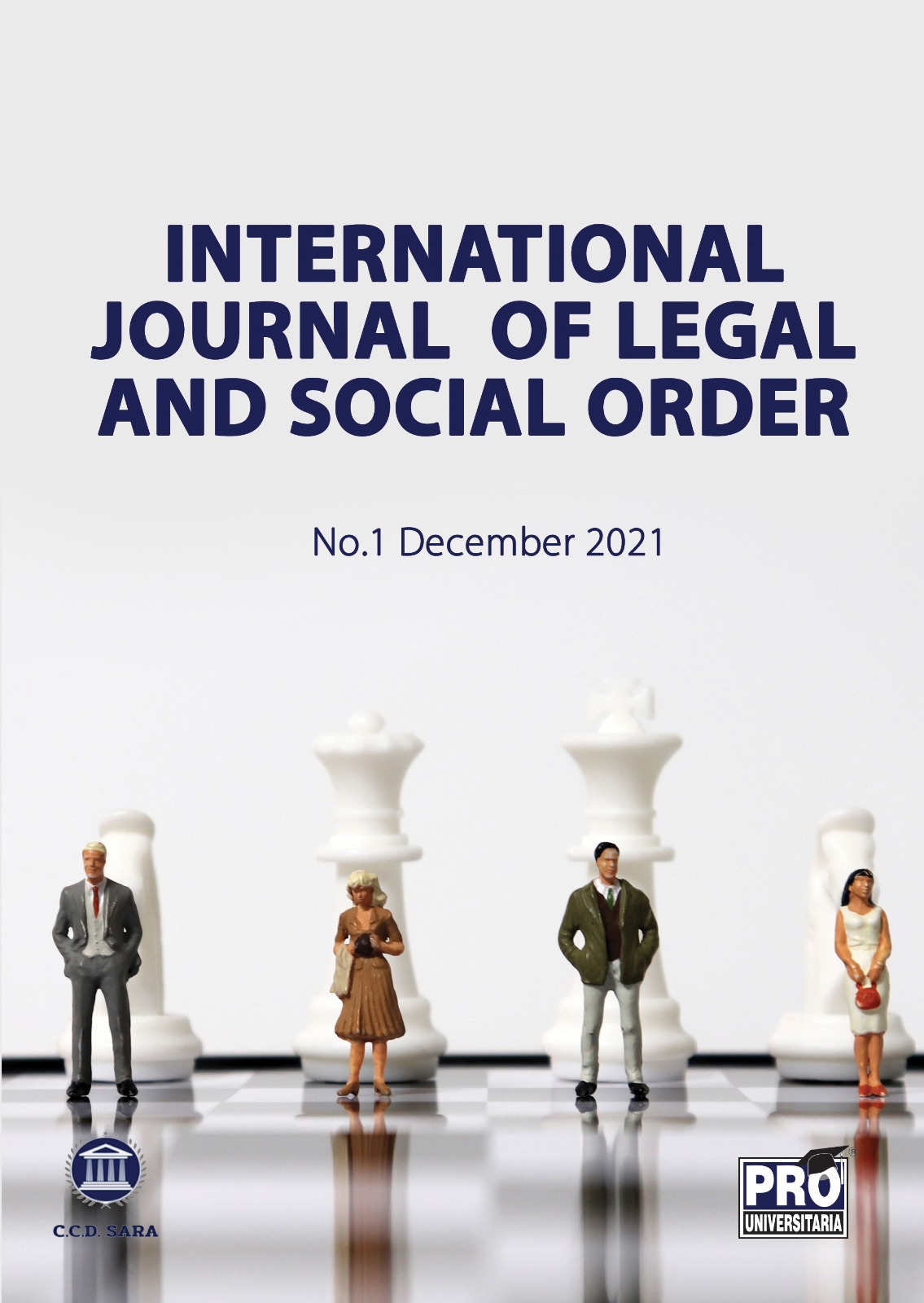JOINT INSTITUTIONALISED FIGHT AGAINST ORGANISED CRIME IN THE EUROPEAN UNION
DOI:
https://doi.org/10.55516/ijlso.v1i1.40Keywords:
organised crime, Europol, liaison officers, Europol computerised intelligence gathering systemAbstract
Organised (international) crime is essentially perceived as a social reality in which legal and criminal structures are integral parts of the same corrupt social, political and economic system operating in two or more states, regardless of the type of actions promoted or the types of organisations of those supporting this system.
The various criteria of the multidimensional concept can be distinguished using a classification on four levels of complexity:
Perpetrators defined by individual characteristics, who participate in the commission of the specific acts of organised crime.
The elements of the structures (groups) linking these individuals.
Power structures subordinate to this structural entity.
The relationship between these illegal structures and the legal structures of society.
The contemporary concept of organised crime (in reality a form of cross-border crime) is heterogeneous and contradictory. If we focus on the general perception of this concept, we can state: organised crime is equal to a formal, homogeneous, multifunctional, criminal organisation that aims to undermine and dominate legal institutions of society, its members acting in two or more states to achieve their criminal purpose.
Organised crime can essentially be defined as that international criminal segment to which relate illegal activities, capable of seriously affecting certain sectors of economic, social and political life in two or more countries, carried out by various methods and means, in a constant, planned and conspiratorial manner, by associations of individuals, with a well-defined internal hierarchy, specialised structures and self-defence mechanisms, in order to obtain illicit profits at particularly high levels. Two main characteristics of the concept of organised crime emerge from the definition:
- The degree of social danger of the illegal activities carried out by this criminal segment can seriously affect certain sectors of economic, social and business life.
- The constant, organised, planned and well-conspired conduct of these criminal activities carried out in several States.)
References
Albu P., Crima organizatăîn perioada de tranziţie - o ameninţare majoră la adresa securităţii naţionale, Editura M.A.I., Bucureşti, 2017.
Albu, P., Corciu, E., Combaterea crimei organizate în România, Studiu, publicat în Revista Criminalistica nr. 9/2018, p. 17-25.
Hurdubaie, I., Troneci ,V., - România în Interpol, Editura M.A.I., Bucureşti, 2011.
Păun, C., Crimă organizată sau organizarea crimei, Editura Analele Academiei de Poliţie A.I. Cuza, Bucureşti, 2013.
Pitulescu, I., Al treilea război mondial şi crima organizată, Editura Naţional, Bucureşti, 2012.


